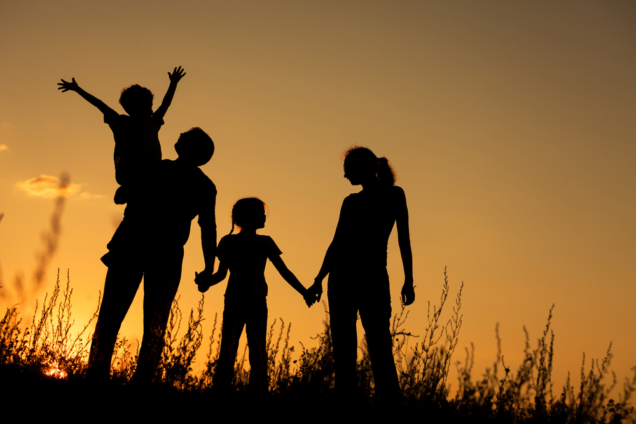In the Ghanaian socio-cultural setting, sex or discussions on sexual matters are a topic that most people deem uncomfortable and often avoid.
In fact, it is not uncommon to hear parents refer to the genitalia in conversation with their kids using euphemisms like "wee-wee" or "pee-pee."
But since it is evident that every human undergoes sexual development, why is it that most Ghanaian parents tend to avoid discussing such a crucial subject with their naturally inquisitive children?
Perhaps the motive for avoiding sex conversations is to protect the child's innocence, but does it really?
In a discussion with Aseiduwaa Kumi on Prime Morning, Tuesday, Paediatrician, Dr Nelly Adade shared some insights on child sexual abuse.
She gave parents the advice to be open while having The Sex Talk with their children about specific subjects.
“At 18 months to two years, a child is learning about body parts…you don’t just show them head, shoulders, knees and toes. You tell them this is your breast, this is your buttocks, your vagina, and this is your penis. You don’t just tell them this is your wee-wee or your pee-pee,” Dr Addae said.
The paediatrician bemoaned the fact that parents frequently assumed that children did not understand how their bodies developed sexually.
She said it was important for kids to know the proper labels for their genitalia since doing so would encourage open communication with parents should their kids experience inappropriate touching.
“You let them know this is your private part, nobody should touch it apart from mummy and daddy…As you constantly drum the information to them, they get to understand or know that I’m not supposed to be doing this or vice versa,” she further explained.
Dr Adade continued by saying that when kids are exposed to these boundaries at a young age, they grow up with them.
With this, she urged parents to start sexual dialogues with their kids early, pointing out that different age groups call for different kinds of conversations.
Latest Stories
-
Paris 2024: Opening ceremony showcases grandiose celebration of French culture and diversity
3 hours -
Spectacular photos from the Paris 2024 opening ceremony
4 hours -
How decline of Indian vultures led to 500,000 human deaths
4 hours -
Paris 2024: Ghana rocks ‘fabulous fugu’ at olympics opening ceremony
5 hours -
Trust Hospital faces financial strain with rising debt levels – Auditor-General’s report
5 hours -
Electrochem lease: Allocate portions of land to Songor people – Resident demand
5 hours -
82 widows receive financial aid from Chayil Foundation
6 hours -
The silent struggles: Female journalists grapple with Ghana’s high cost of living
6 hours -
BoG yet to make any payment to Service Ghana Auto Group
6 hours -
‘Crushed Young’: The Multimedia Group, JL Properties surprise accident victim’s family with fully-furnished apartment
6 hours -
Asante Kotoko needs structure that would outlive any administration – Opoku Nti
7 hours -
JoyNews exposé on Customs officials demanding bribes airs on July 29
7 hours -
JoyNews Impact Maker Awardee ships first consignment of honey from Kwahu Afram Plains
8 hours -
Joint committee under fire over report on salt mining lease granted Electrochem
8 hours -
Life Lounge with Edem Knight-Tay: Don’t be beaten the third time
9 hours

